The extended definition of security today encompasses economic stability, technological competition and the resilience of society and institutions, while Romania's future national defence strategy will reflect these fundamental global changes and express the country's approach to adapting to new challenges, President Nicusor Dan underlined on Wednesday.
The head of state delivered his message via video at the 14th edition of the Aspen - GMF Bucharest Forum organised by the Aspen Institute Romania in partnership with the German Marshall Fund of the United States (GMF) and the Aspen Institute Romania - Chisinau Office, under the High Patronage of the President of Romania.
"I wish to congratulate the Aspen Institute Romania and the German Marshall Fund for their initiative in organising the Bucharest Forum. For several days, Romania's capital becomes a venue for dialogue, debate and the generation of possible solutions to the unprecedented challenges facing the world today. We are navigating a complex international context marked by high levels of unpredictability and risk. Military and non-military threats are increasingly numerous. The extended definition of security now also includes economic stability, technological competition and the resilience of society and institutions. The nature of warfare and the very definition of peace are being redefined. The future national defence strategy will reflect these fundamental shifts in the global security landscape and will set out how Romania intends to adapt to these new challenges," said Nicusor Dan.
According to the president, Romania will continue to strengthen its national security and defence capabilities and to invest in its alliances and strategic partnerships.
"The complexity of these transformations cannot be addressed solely by political decision-makers at national level or exclusively through the interaction of major international actors. Therefore, the role of the Bucharest Forum, the Aspen Institute Romania and the wider international Aspen network of partners and supporters becomes increasingly relevant - bringing together economic, public and non-governmental actors in a multinational and interdisciplinary setting. Our shared goal is to encourage the exchange of ideas and perspectives, to gain a clearer understanding of the present and a more accurate grasp of the future. Discussions and analyses on key issues such as Black Sea security, the mouths of the Danube, supply chain resilience, cybersecurity and the revitalisation of the defence industry are essential for developing effective public policies and for Romania's positioning in European and transatlantic debates," the president added.
He went on to stress that the Aspen Institute's work helps shape Romania's profile as "an important strategic contributor, a generator of creative and pragmatic solutions, worthy of the European Union's sixth-largest member state.' The president also highlighted the multiregional approach that the Aspen Institute, the German Marshall Fund and the Bucharest Forum bring to current strategic debate.
"In a world undergoing rapid transformation and intense competition for supremacy among major global players, the role of regional powers in forging a new global balance is becoming ever more significant," the head of state explained.
"For Romania, it is important to position itself even more firmly as a stable and responsible player within the European and transatlantic space, as well as an active actor in all the regions of which it is a part," Nicusor Dan said.
The president reaffirmed Romania's support for the accession of the Republic of Moldova, Ukraine and the Western Balkan countries to the European Union.
"We will continue to invest in relations with the countries of Central Europe, including by promoting the coherence of NATO's Eastern Flank and the prosperity of the region between the Black, Baltic and Adriatic Seas, within the cooperation formats initiated by or involving Romania. We are interested in fostering a climate of cooperation in the wider Black Sea area and in strengthening relations with the states of the Caucasus and Central Asia," he further emphasised.
Lastly, the president welcomed recent positive developments in the Middle East, which "may pave the way for a new regional security architecture, the expansion of the Abraham Accords and the creation of the India-Middle East-Europe Corridor."

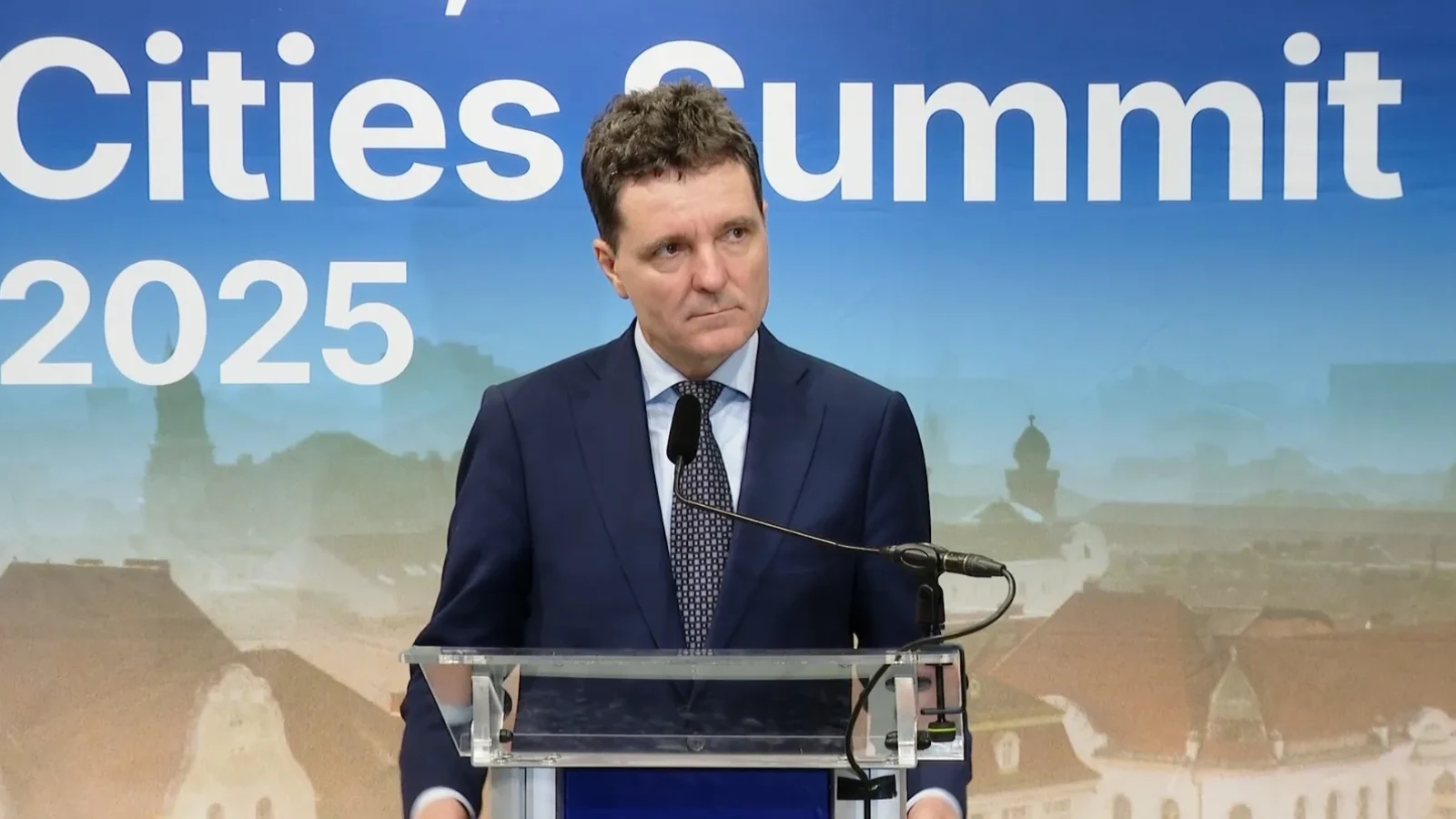

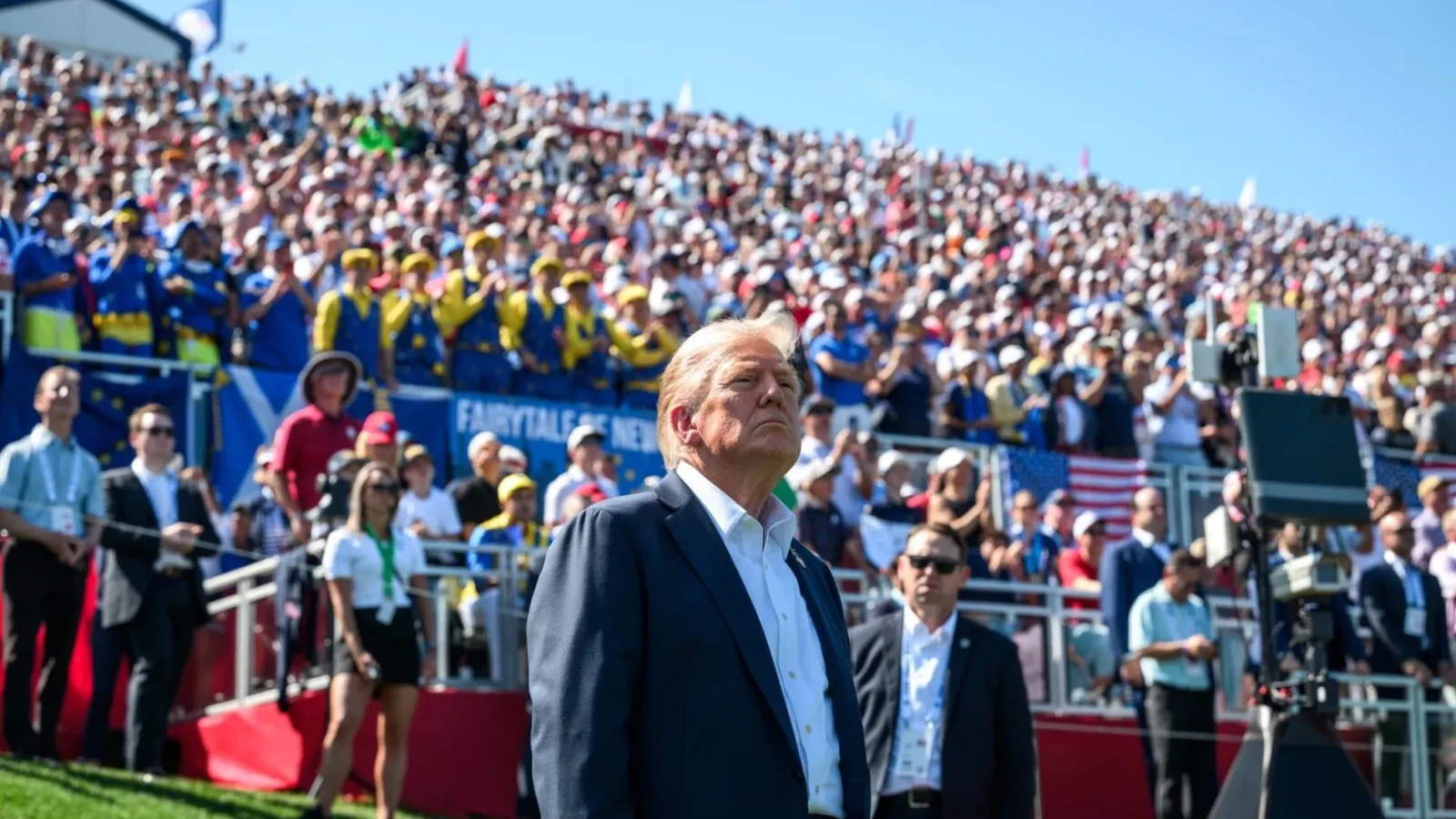

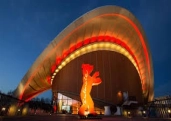


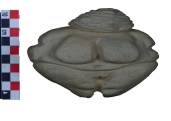


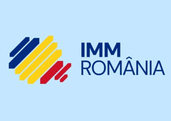
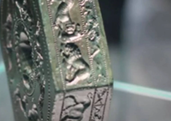

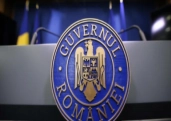

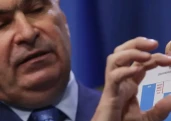




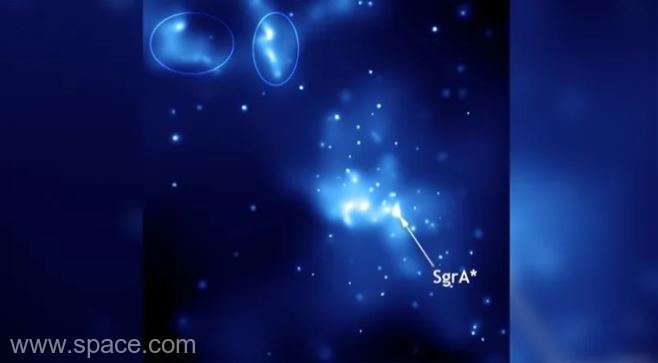

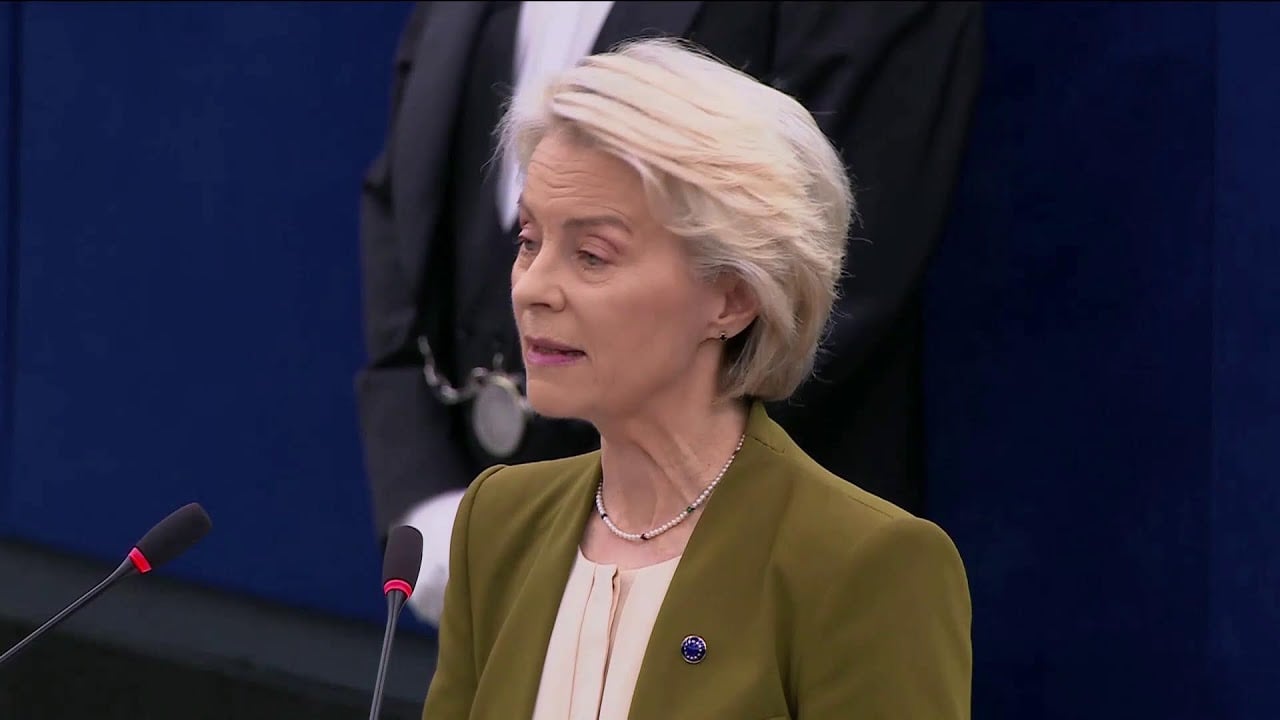




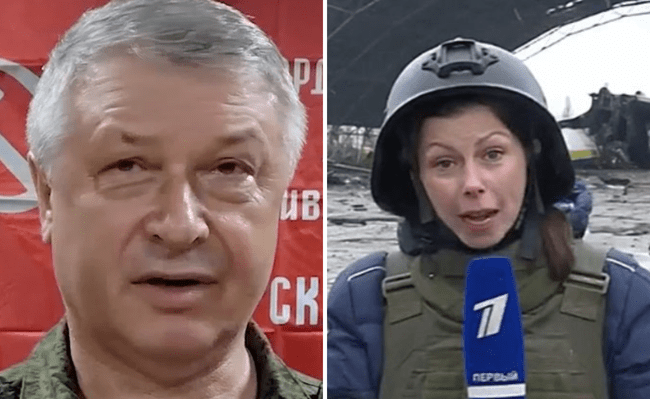
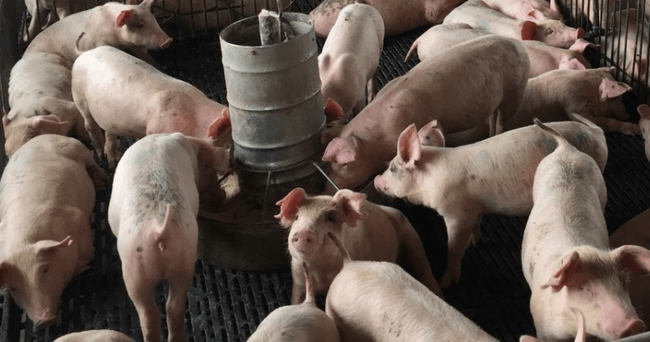


Comentează